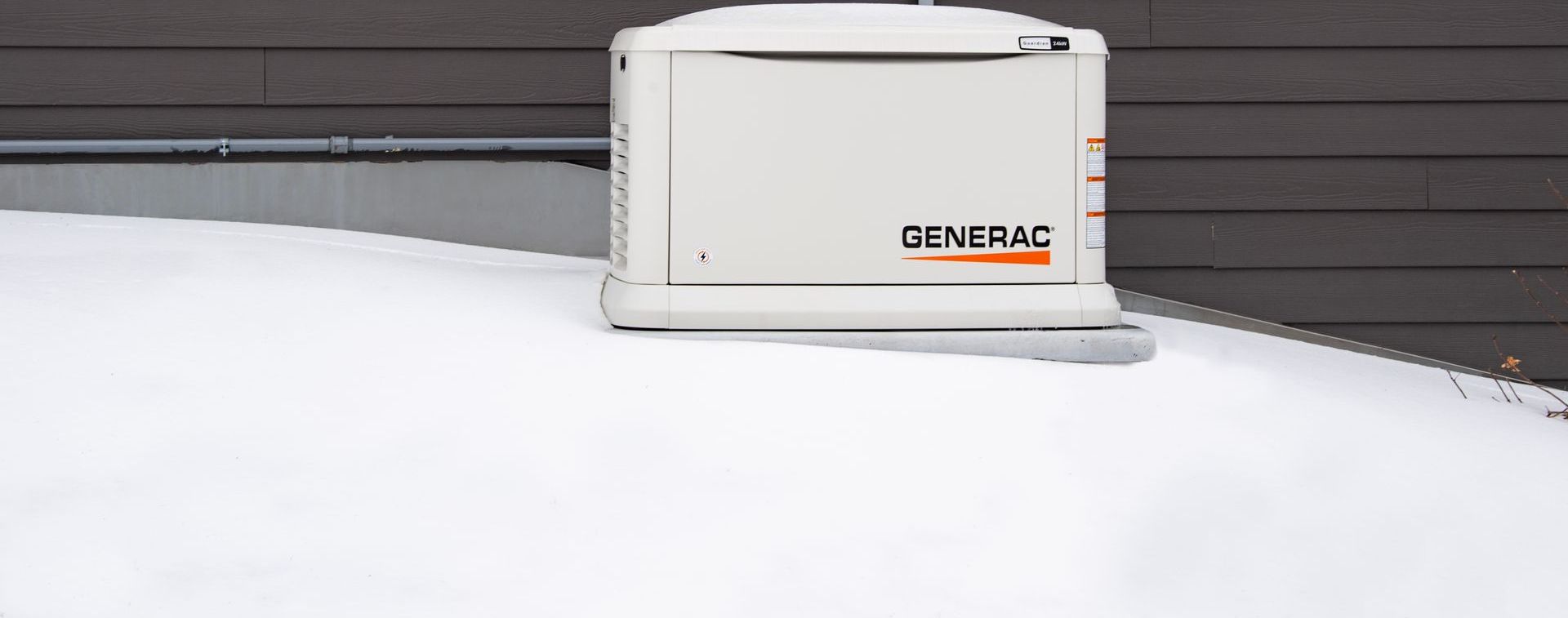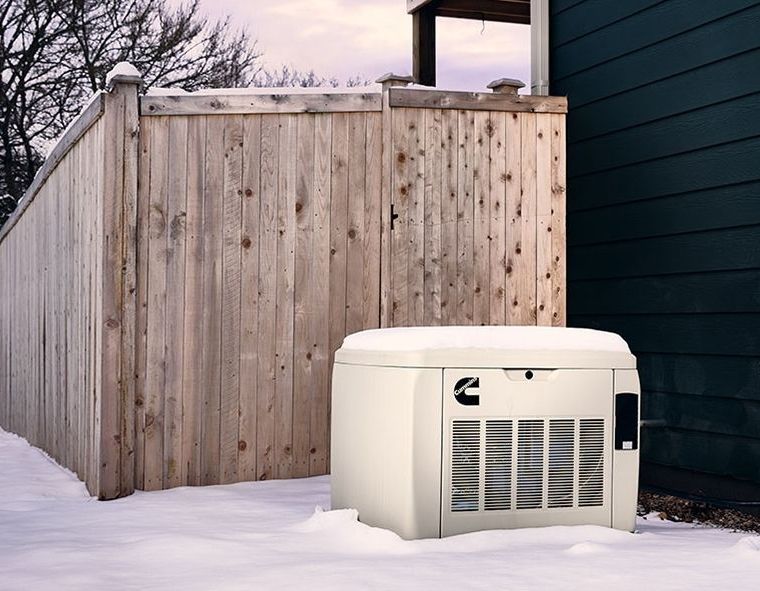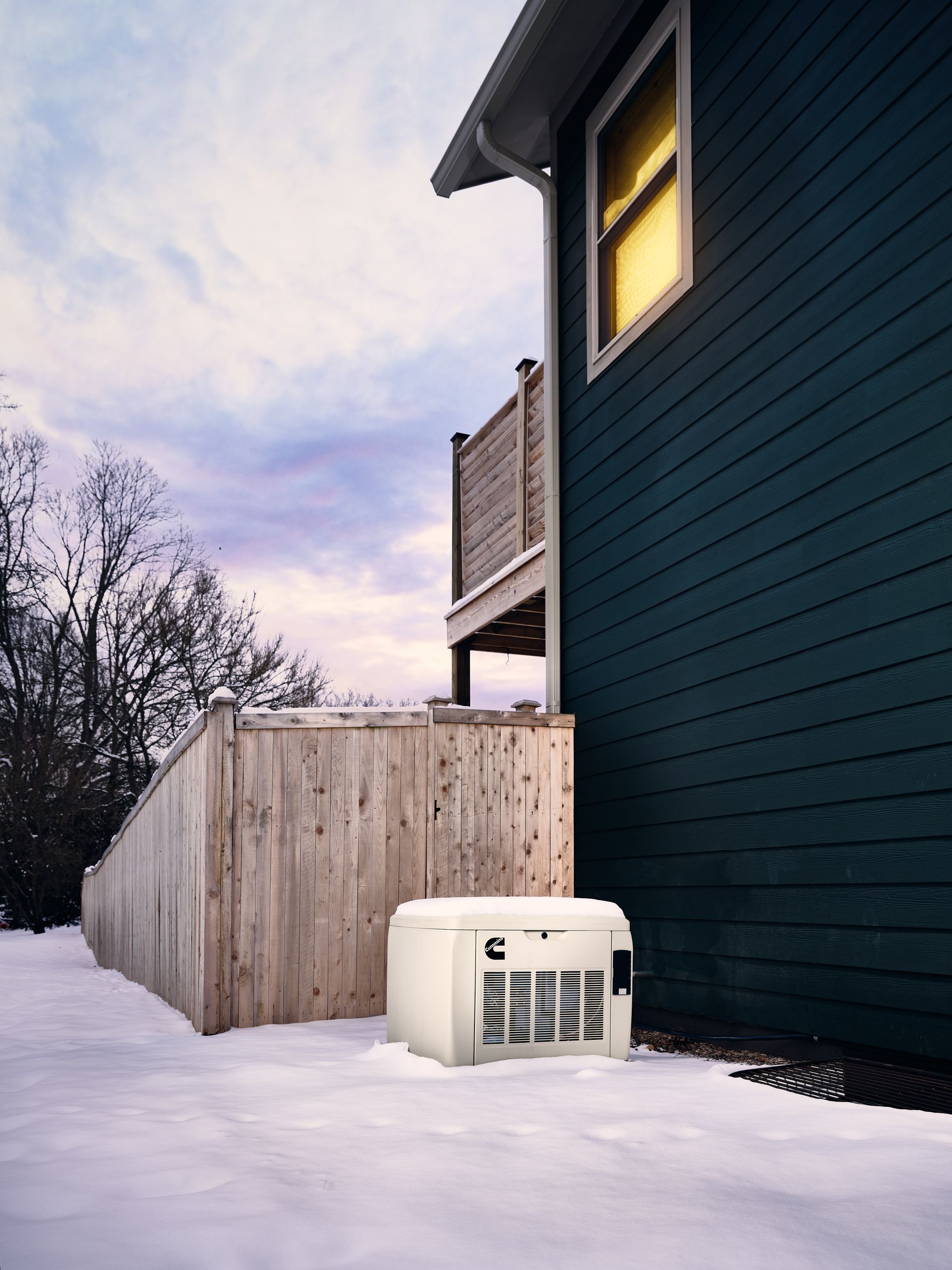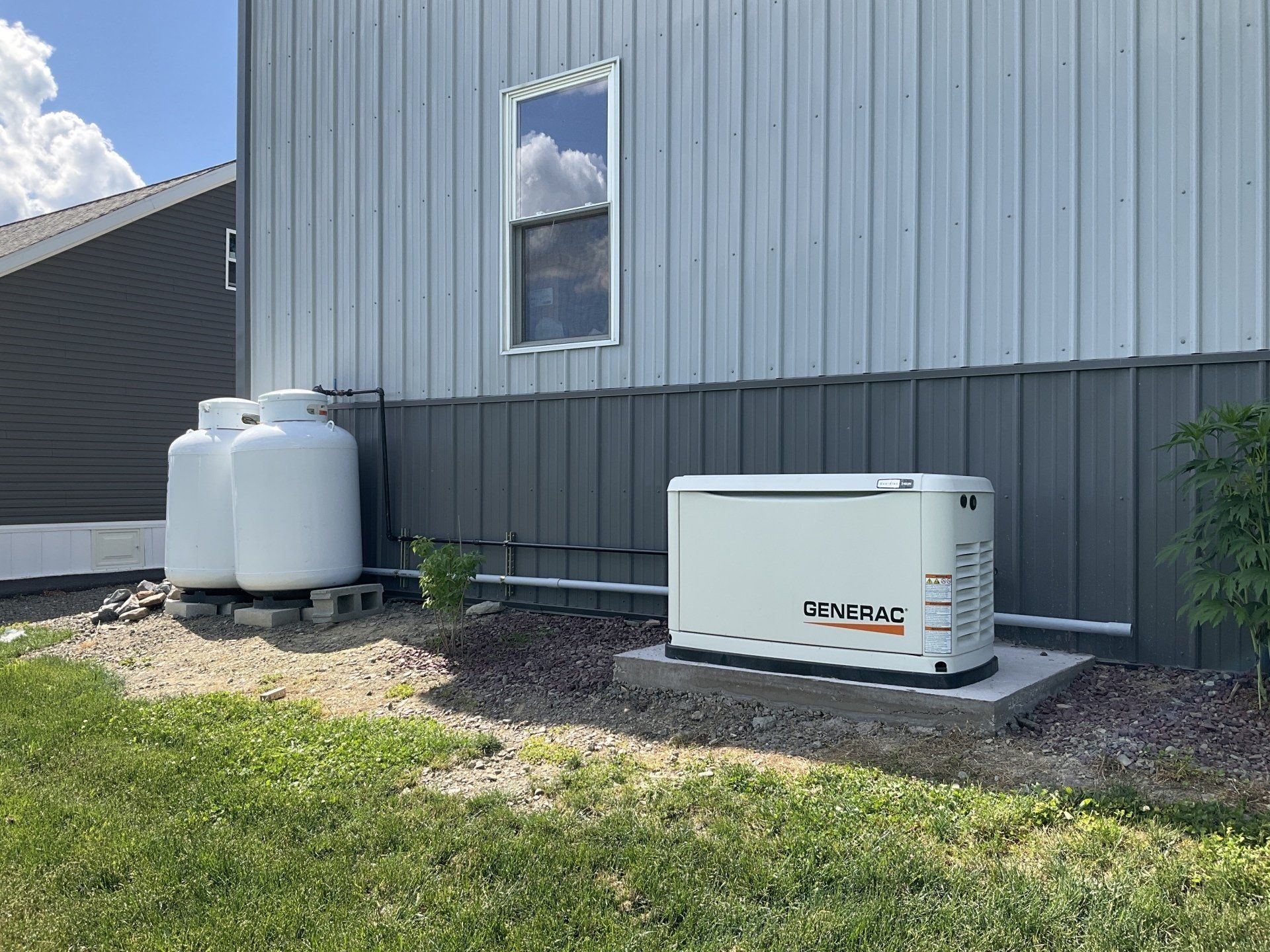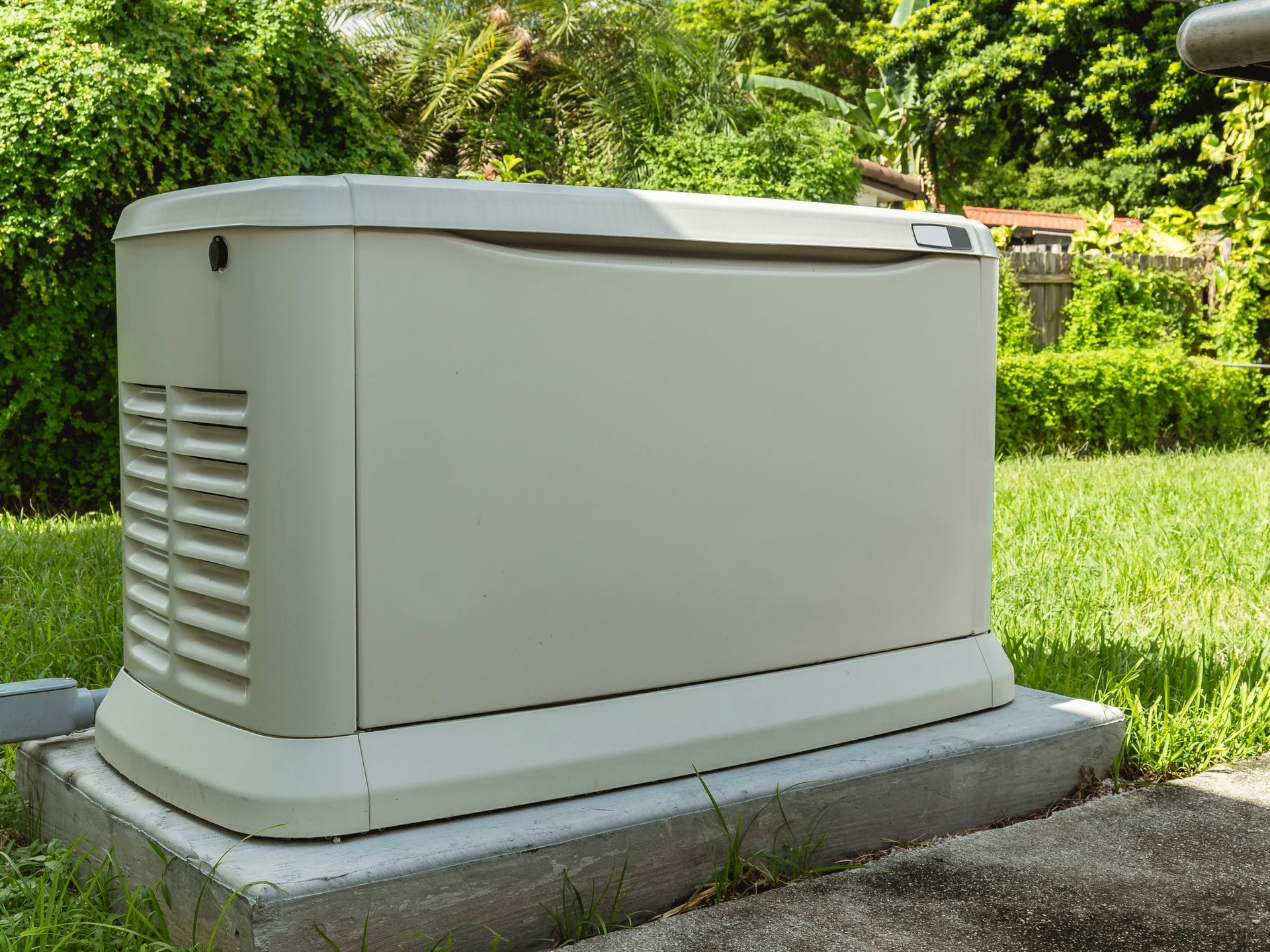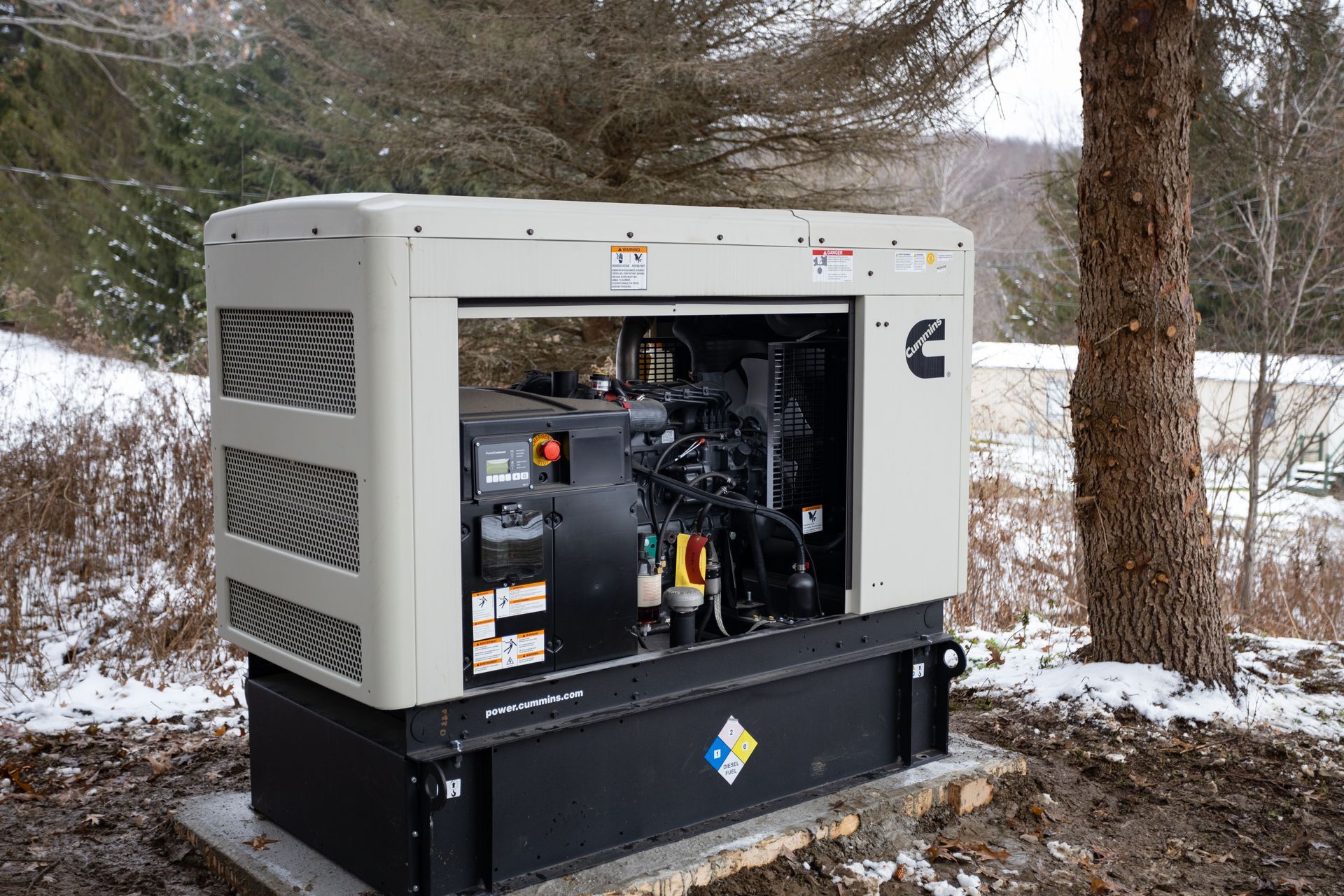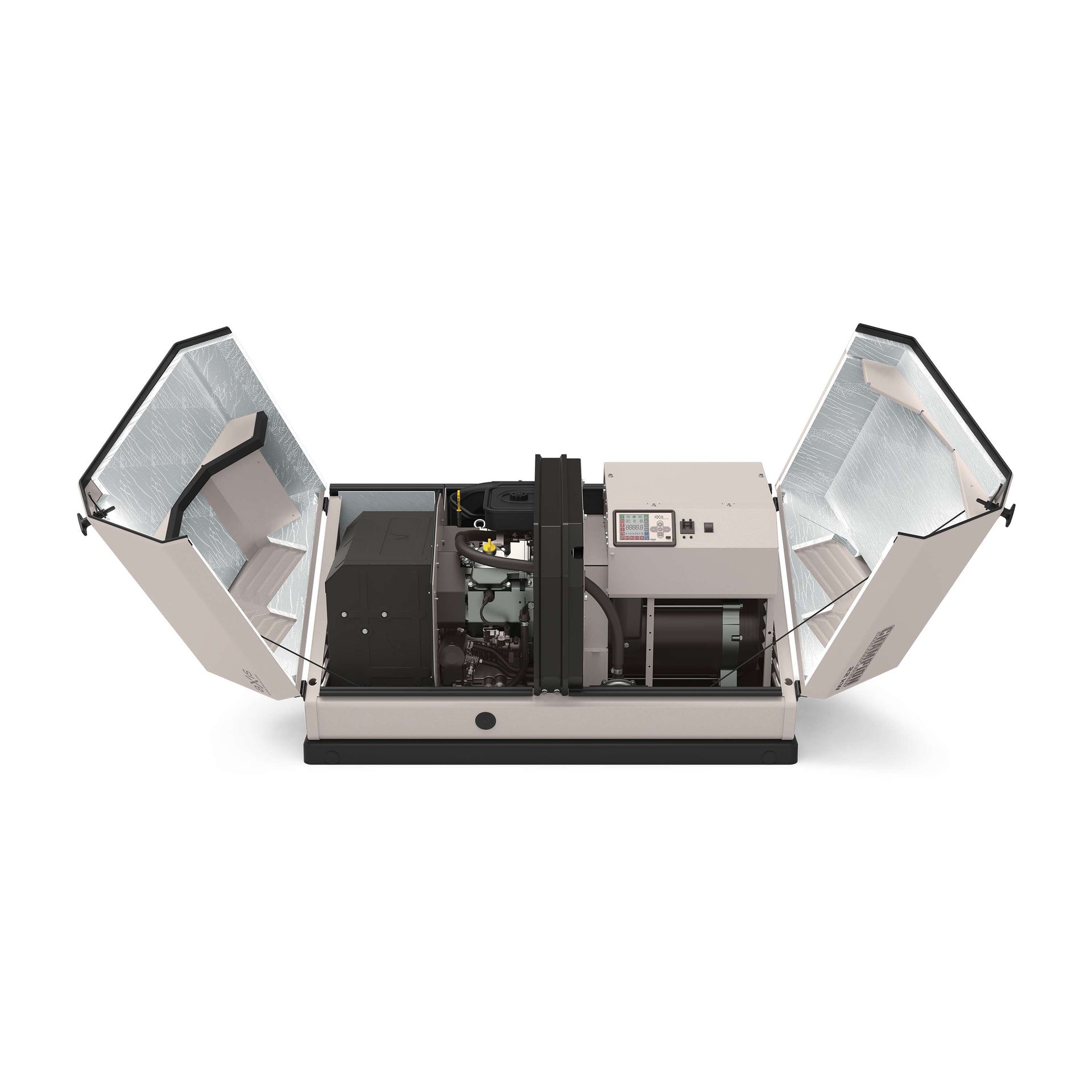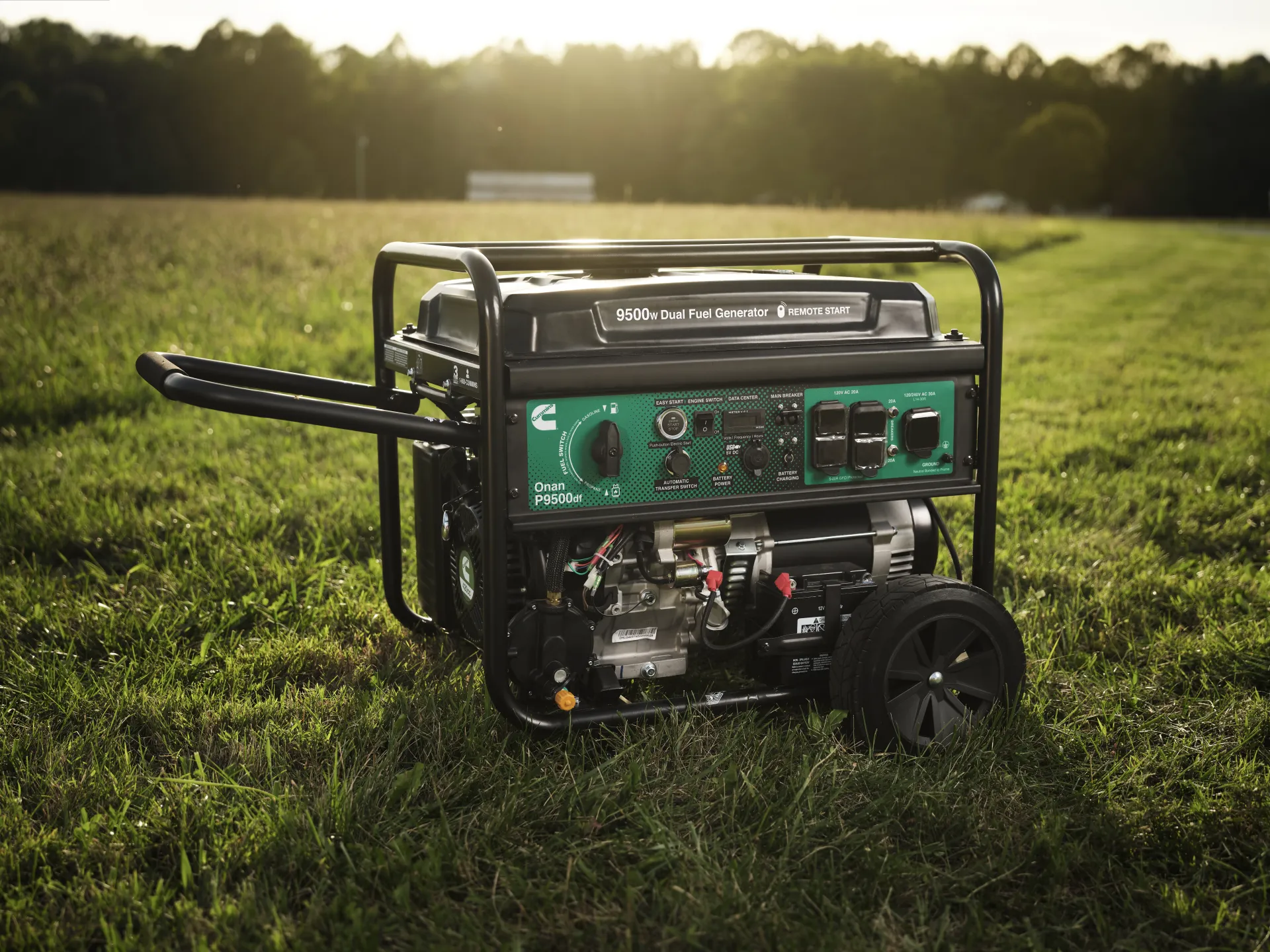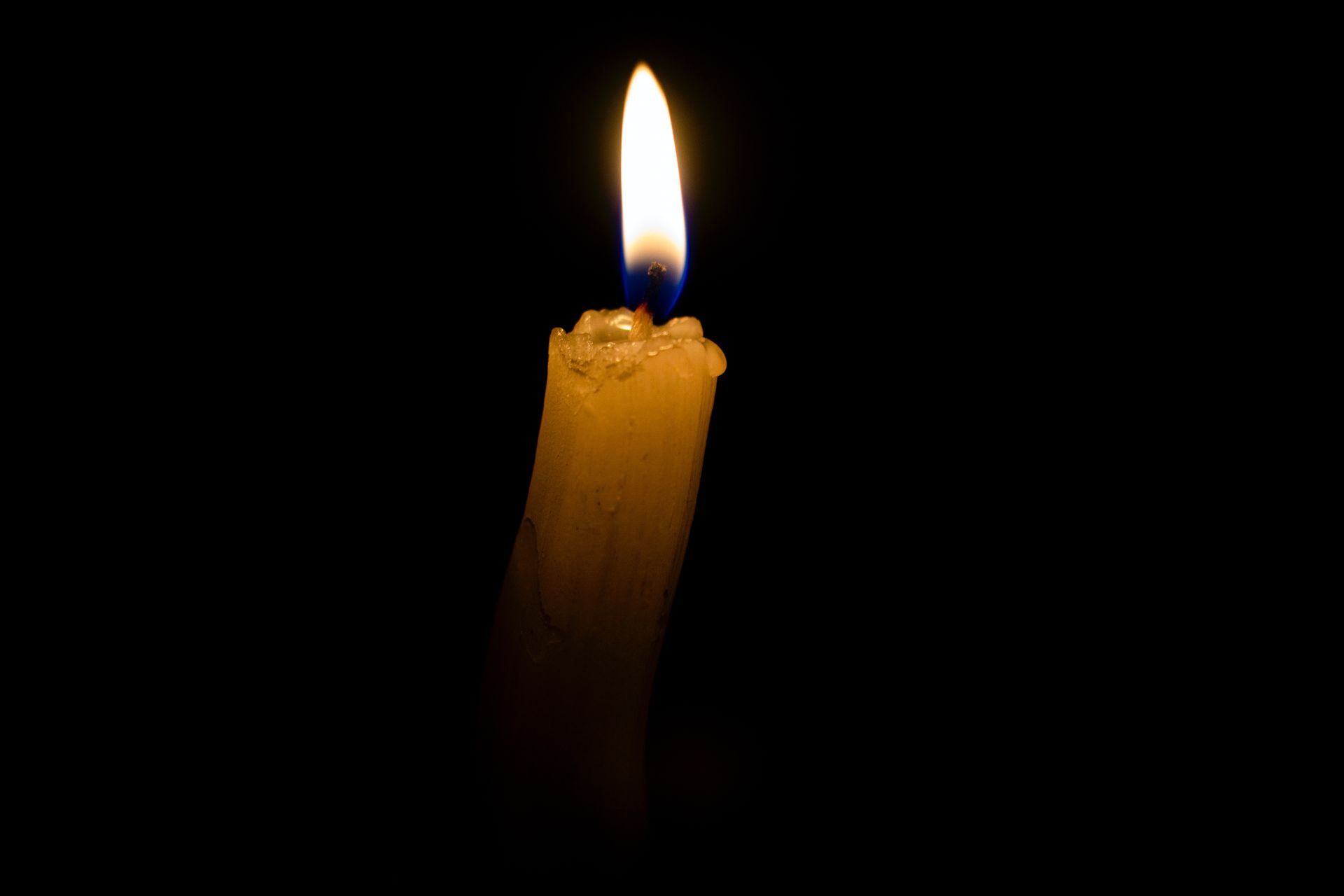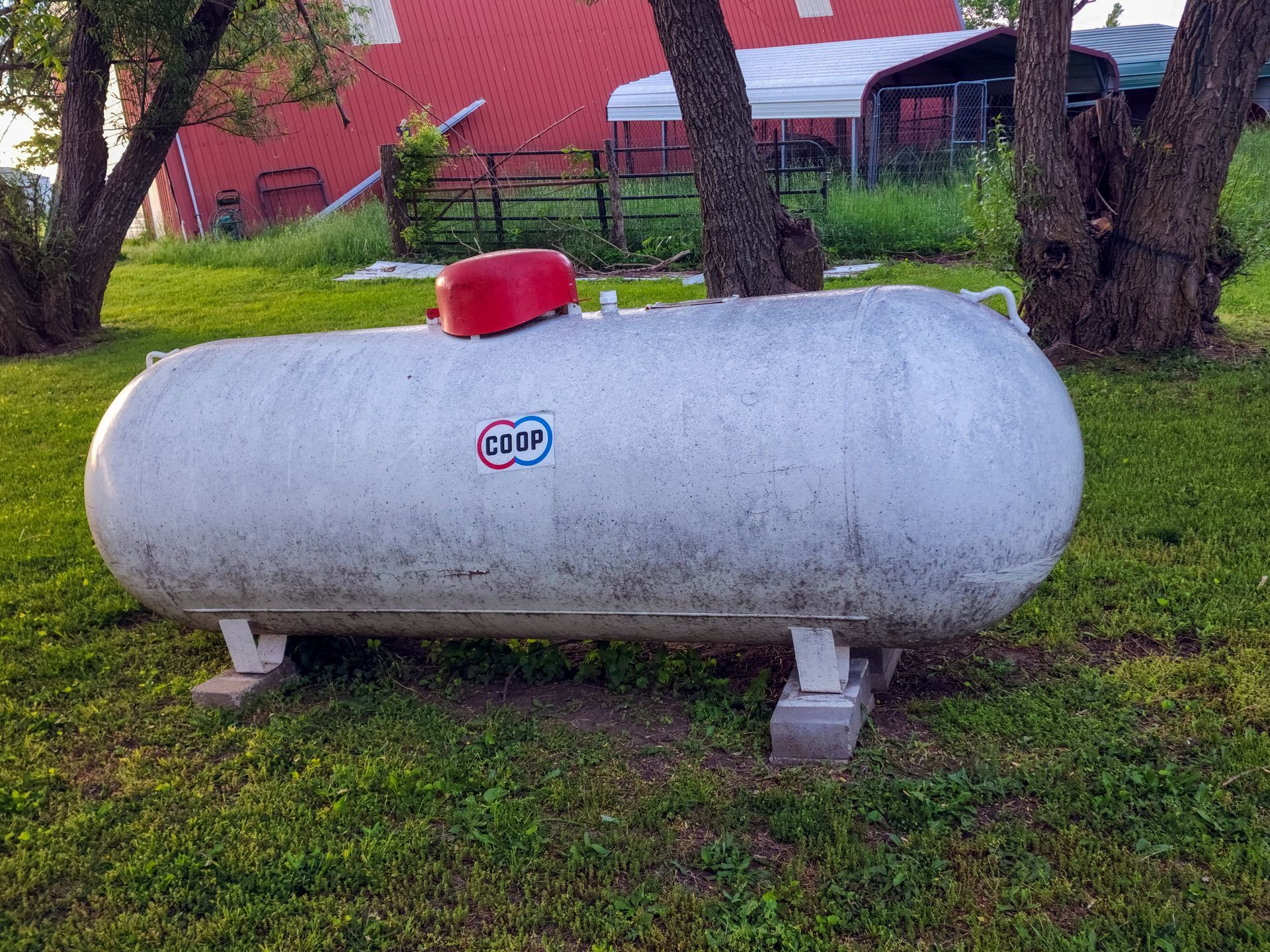Winter Storm Preparation in Upstate New York
Our winter storms in New York are known for causing power outages and keeping people stuck in doors for days. What do you need to do to be prepared?
If you’ve lived in New York for more than 12 months you know that the winter months can be pretty brutal here, it’s certainly no secret. If you’ve been here for even longer you may have also experienced one of our infamous winter storms, complete with power-outages, snow-ins and un-drivable roads. It may not be the first thing anyone wants to think about, but the reality is that these events can be quite burdensome if you’re not prepared to wait out the storm.
This article will quickly summarize some preparations that you can do easily to make sure you’re ready for when the storm comes. We’ll also highlight the benefits of having a generator ready for use during an extended outage.
Stay Warm
Unless you have some sort of generator or battery backup, you won’t have many options for heat. You may have a fireplace which would certainly be helpful, or you may even have a small propane heater that could be helpful for a short period of time. If you don’t have these things readily accessible in the house, consider moving them to a location where they would be. During a storm, you’ll want to avoid going outside if at all possible.
It may quickly become necessary to wear layers if you lose heat and power for more than an hour or two, which should be easy since those things are likely lying around already. If you have a fireplace, having dry wood and a functional chimney will be a life saver. Be conservative about your body heat and try to avoid letting too much out or removing layers.
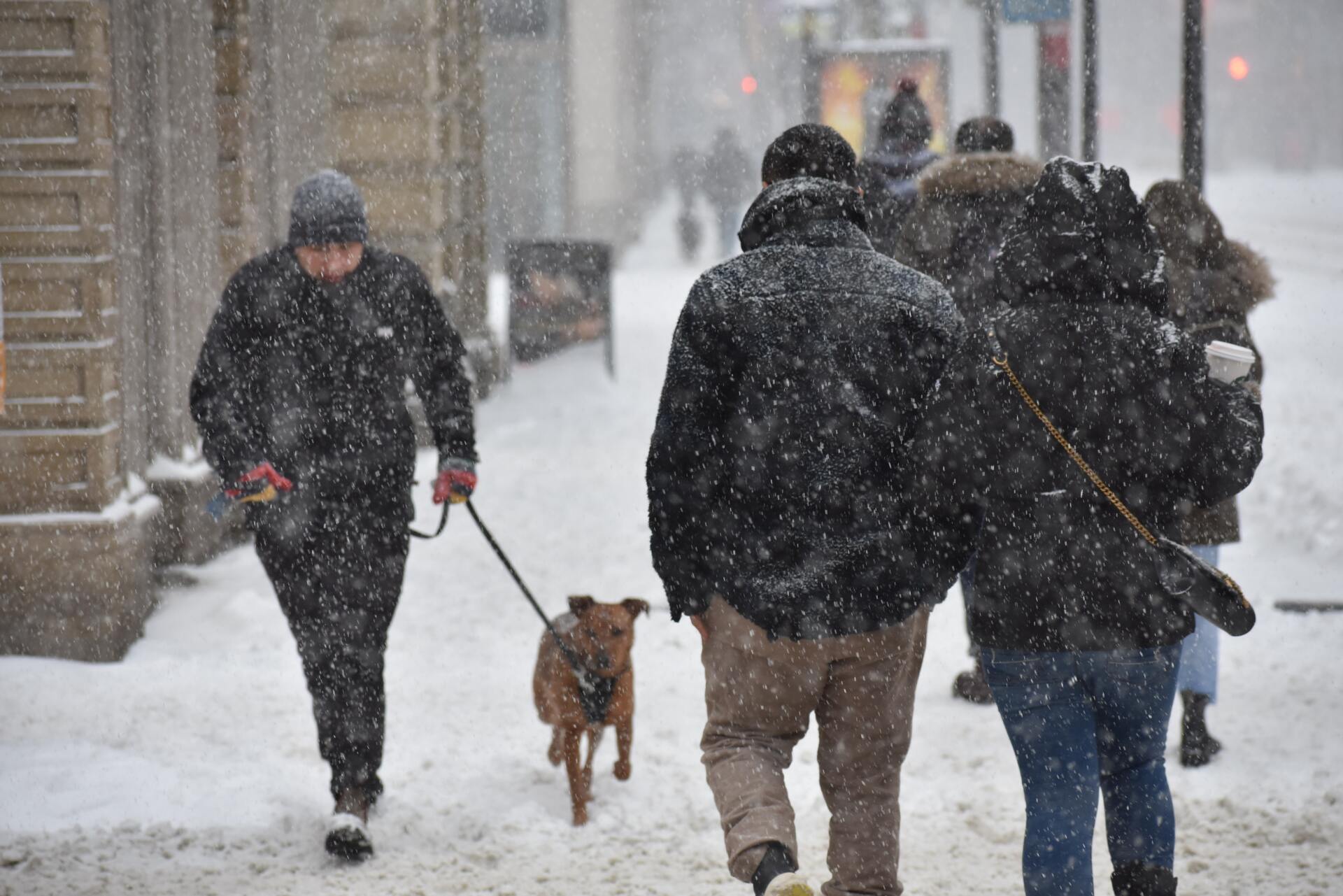
Emergency Supplies
Having a bag or container of emergency supplies will be helpful for an extended storm where simply going to the store isn’t an option. This includes mostly food, but also may include other useful items like flashlights, basic medical supplies, and possibly some sort of backup battery that can be used to power phones or other communication devices.
Food and water are arguably the most important considerations, since we don’t last long without them. You may not be able to travel anywhere to get food and your pipes may also freeze, restricting your ability to draw water from the tap. It is often recommended to have a
“72 Hour Kit” somewhere in the home specifically for these sorts of incidents. This kit should include some water bottles and plenty of non-perishable food. Consider that your ability to cook may be impacted by the outage.
Here’s a short list of supplies you might want to include in a kit:
- Water, a Gallon per day per person (as close as you can get).
- Non-perishable food supplies, ideally for 3 days.
- Flashlights with extra batteries.
- Basic first aid kit and any other required medications.
- Basic sanitation materials, baby wipes, including feminine hygiene products.
There are many other wise inclusions to consider when preparing a 72 Hour Kit, consider searching online for additional resources and also consider the unique circumstances of your living area. Someones 72 Hour Kit in New York will probably look very different from someones’ in California.
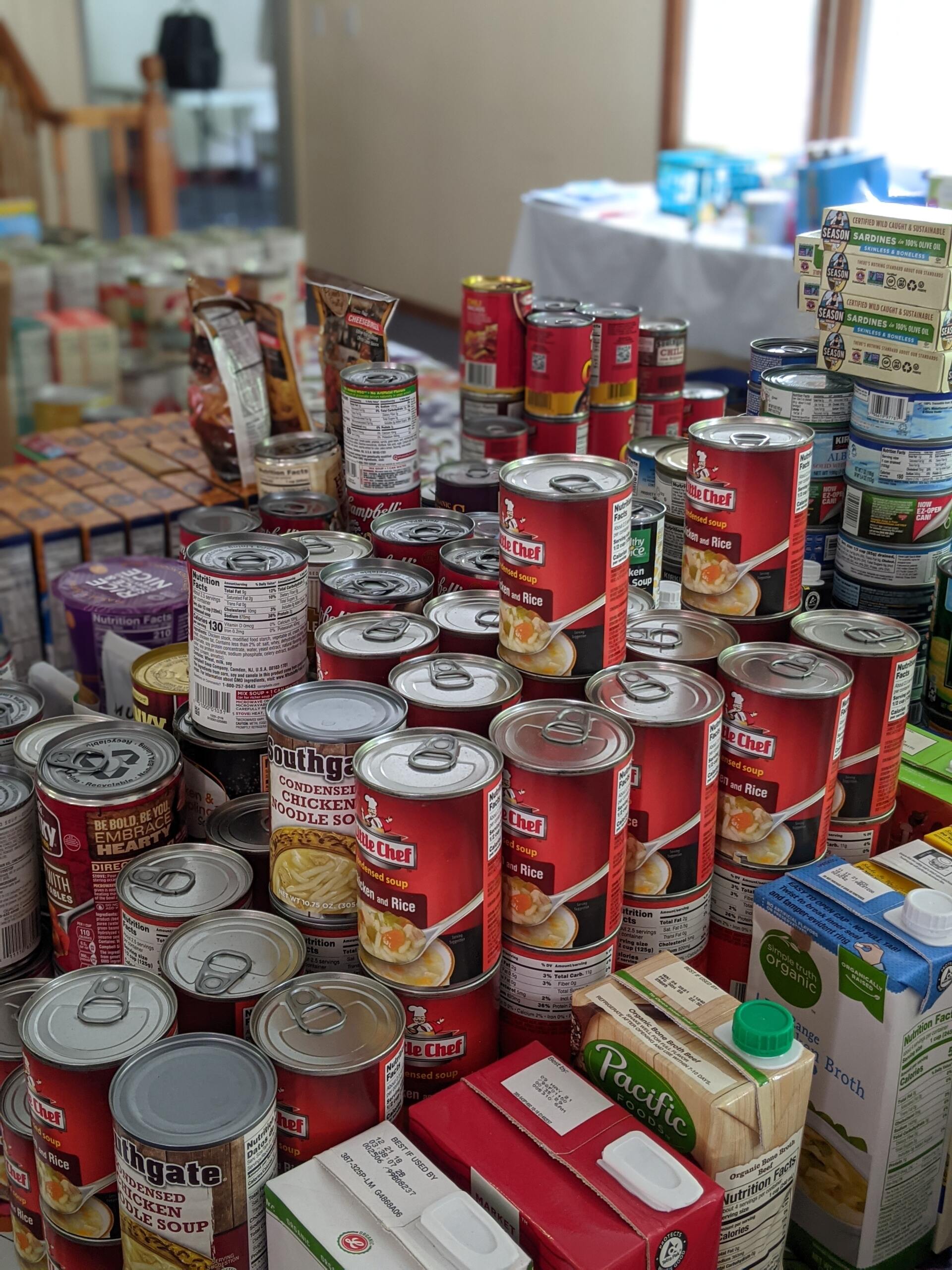
Generator Options
Many homeowners in our area purchase generators almost specifically for this purpose. The two most common options are a Portable Generator and a Standby Generator. Both of these options have their pros and cons, and can be incredibly helpful during a winter storm.
Portable generators run on normal gas and usually have somewhere in the range of 3 - 10 kW, they are easy to move, have several direct outlets for cords, and can get you several hours of power for a handful of essentials, such as maybe a small heater or other necessities. It is important to note that these generators MUST be run outside the house and do emit hazardous fumes that you do not want to inhale.
Portable generators do have pretty significant limitations; including overall power output, the need for refueling, manual startup and more. During most times of the year this may not be a significant deterrent, but winter storms can make refueling and starting up the generator difficult or nearly impossible. If temperatures are below freezing you may want to think twice about going outside to get it running.
Another option is a Home Standby Generator, a larger generator that is wired directly into your home with an
Automatic Transfer Switch. These units are larger and more expensive than the portable generators previously mentioned, but are also considerably more powerful and almost entirely automated. These Standby Generator systems can be monitored remotely and require no startup work.
The Cummins Standby Generators we recommended come in 13kW, 17kW and 20kW configurations, but across the market the average is somewhere between 10kW and 20kW. These units are powered either by propane or natural gas and will run smoothly until they run out of their fuel source. They also link directly to a
mobile app that gives you real-time status updates.
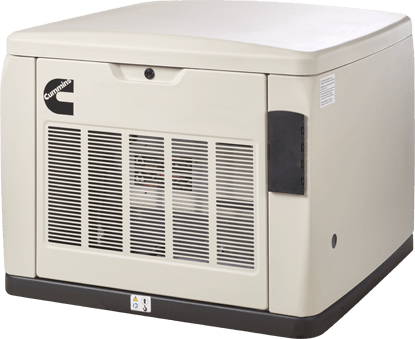
Will Your Home Incur Damage Without Power?
During a prolonged power outage, particularly in cold weather conditions, you’ll be primarily focused on your own comfort and probably not too focused on many other things. Some homeowners are very concerned , however, about the impact of the weather and the power outage on their house. Here in Upstate New York ice build up can cause branches and even dead trees to topple onto homes and cars. Property damage is an unfortunate and sometimes unavoidable occurrence during our more intense ice storms.
Sometimes homes that require a sump-pump or other devices to regulate operations can be damaged indirectly during a storm by prolonged power-outages.
The potential for property damage and other financial losses is on a case by case basis. The best thing you can do is evaluate your home and its operations to determine potential outage damages. If the potential damages are significant, investing in a generator may be the right move for you.
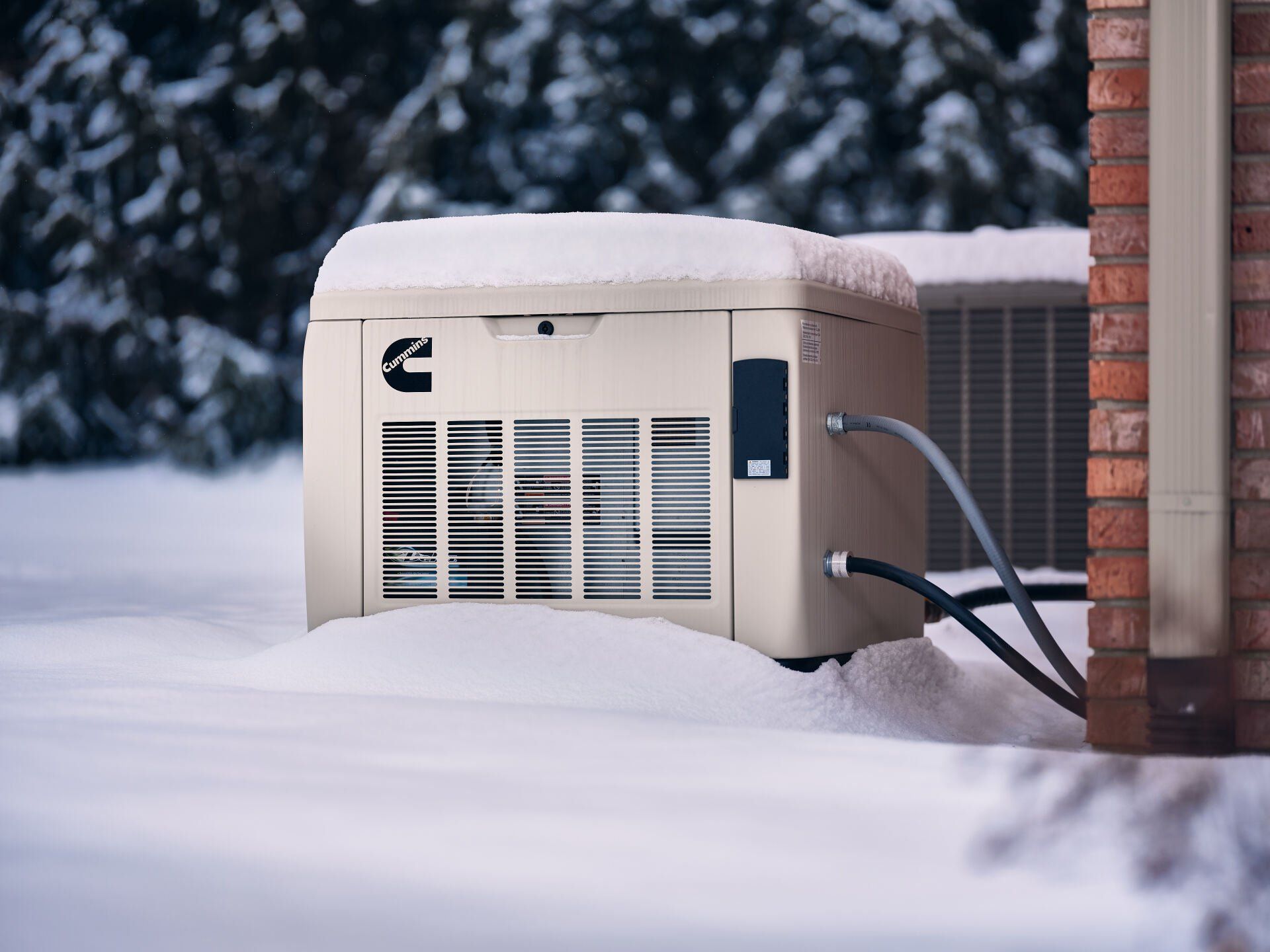
As a Cummins Certified Dealer we know all the ins and outs of Home Standby Generator installations and functions. We’ve installed hundreds of units across New York State and prefer the Cummins units as the best performers in Cold Weather Conditions. If you’re a resident of New York State and are interested in learning more about these powerful units, feel free to contact us directly by email, form submission here on our site, or by phone at (585) 244-0099.
